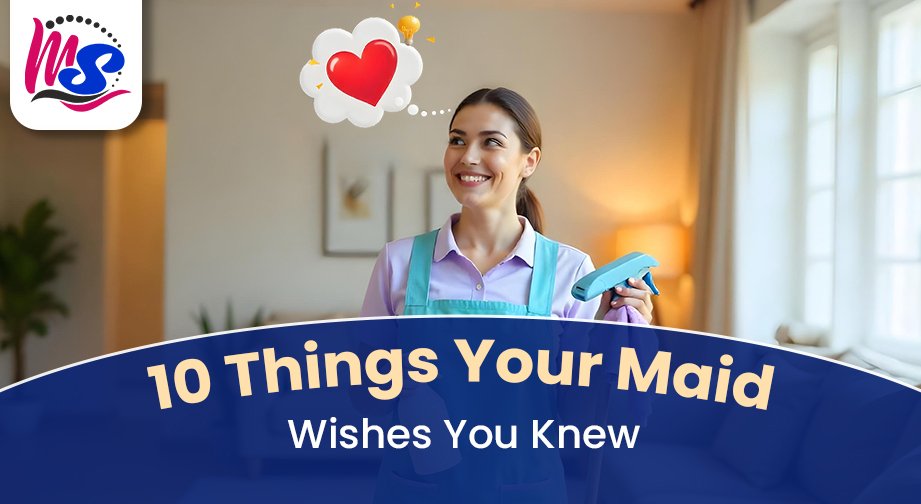🌴 ❄️ Winter is Back: The Perfect Time to Hire Help in the UAE
Winter [...]
Oct 09, 2025
Artificial Intelligence (AI) is no longer a futuristic concept—it’s here, and it’s reshaping the way we live, work, and interact with the world. From smart assistants like Siri and Alexa to self-driving cars and personalized recommendations on Netflix, AI is seamlessly integrating into our daily lives. In this blog, we’ll explore how AI is revolutionizing various industries, the benefits it brings, and the challenges we must address as we embrace this transformative technology.
Artificial Intelligence refers to the simulation of human intelligence in machines that are programmed to think, learn, and make decisions. AI systems can analyze vast amounts of data, recognize patterns, and perform tasks that typically require human intelligence, such as understanding natural language, recognizing images, and solving complex problems.
AI-powered devices like Amazon Echo (Alexa), Google Home, and Apple’s Siri have become household staples. These virtual assistants can:
AI is revolutionizing healthcare by:
Self-driving cars, powered by AI, are no longer science fiction. Companies like Tesla, Waymo, and Uber are leading the charge in autonomous vehicle technology. AI enables these cars to:
AI is transforming the way we shop online. Platforms use AI to:
AI is making education more accessible and personalized:
AI is even making waves in the creative industries:
While AI offers numerous benefits, it also raises important questions and challenges:
The future of AI is bright, with endless possibilities. Here are some trends to watch:
As AI continues to evolve, it’s important to embrace it responsibly:
Artificial Intelligence is no longer a distant dream—it’s a reality that’s transforming our world in profound ways. From healthcare and transportation to education and entertainment, AI is making our lives easier, more efficient, and more connected. However, as we embrace this technology, we must also address the challenges it presents and ensure that AI is developed and used ethically.
The future of AI is in our hands. By staying informed and advocating for responsible AI practices, we can harness its power to create a better, more innovative world.

🌴 ❄️ Winter is Back: The Perfect Time to Hire Help in the UAE
Winter [...]
Oct 09, 2025
The Future of Work in 2025 and Beyond: What It Means for Domestic Workers in the UAE
The future of [...]
Sep 12, 2025
Kids Fashion Trends in the UAE Stylish Comfortable & Sustainable
The world [...]
Aug 06, 2025
Small Lungs, Big Future: Protecting UAE Kids from Smoke
The sun shines [...]
Jul 14, 2025
The Ultimate Guide to Baby Products - Toys & Comfort Essentials
Welcoming a new [...]
Jun 26, 2025
Eco-Friendly UAE: Everyday Habits for a Sustainable Future
The UAE is a [...]
Jun 11, 2025
10 Things Your Maid Wishes You Knew (But Won’t Tell You)
Behind every [...]
May 20, 2025
5 Signs It’s Time to Hire a Good Domestic Helper
Managing a [...]
May 03, 2025
Summer in the UAE: Essential Precautions for Childcare & Babysitting
As temperatures [...]
Apr 18, 2025
How to Create a Positive Work Environment for Your Domestic Helper
Hiring a [...]
Mar 20, 2025